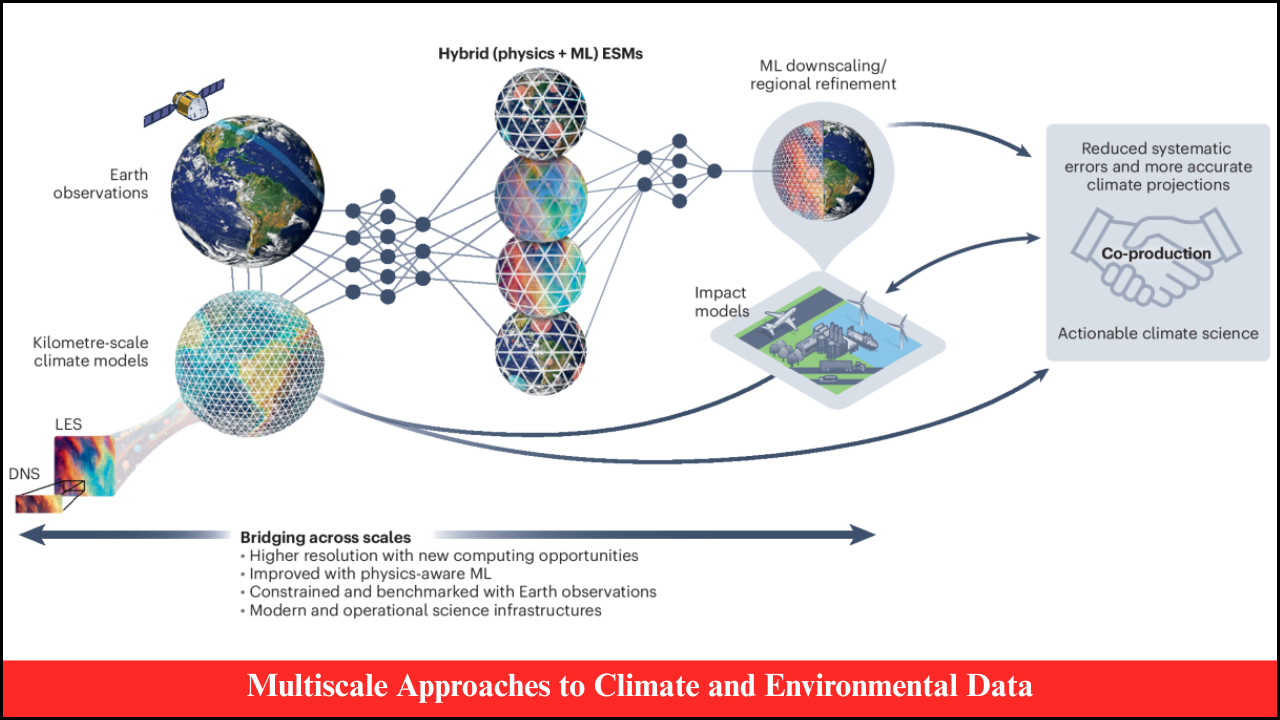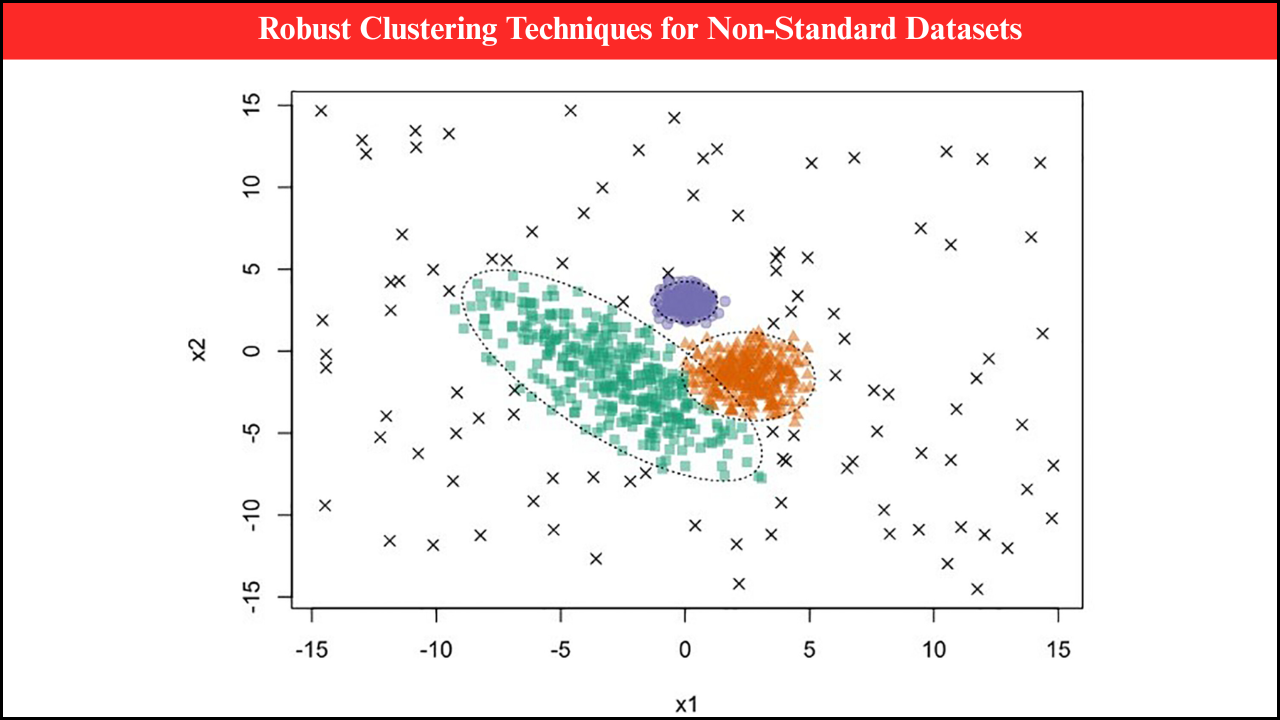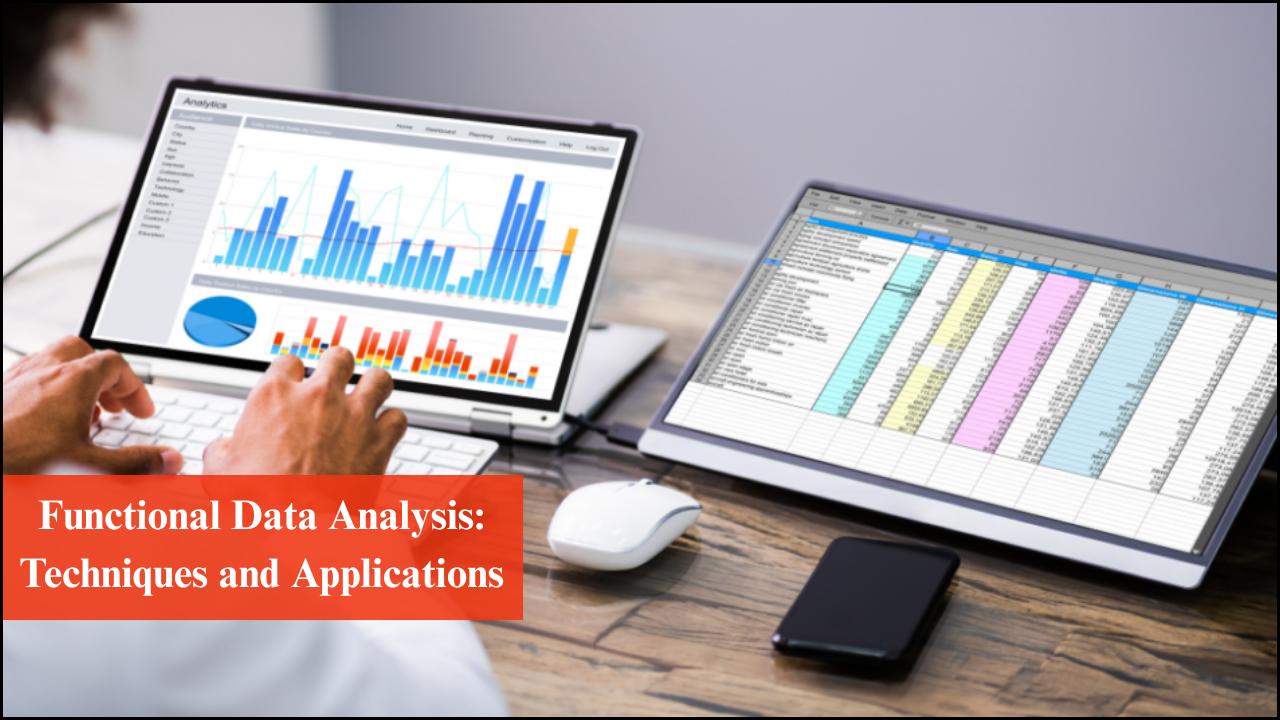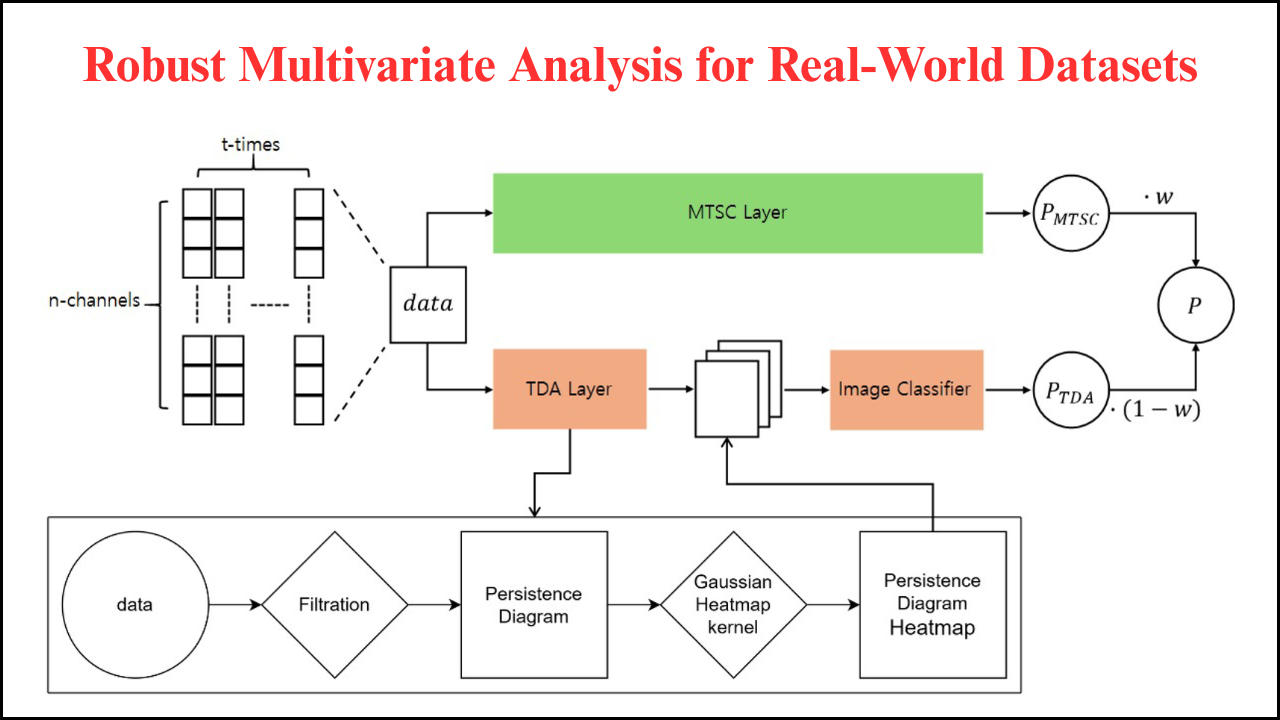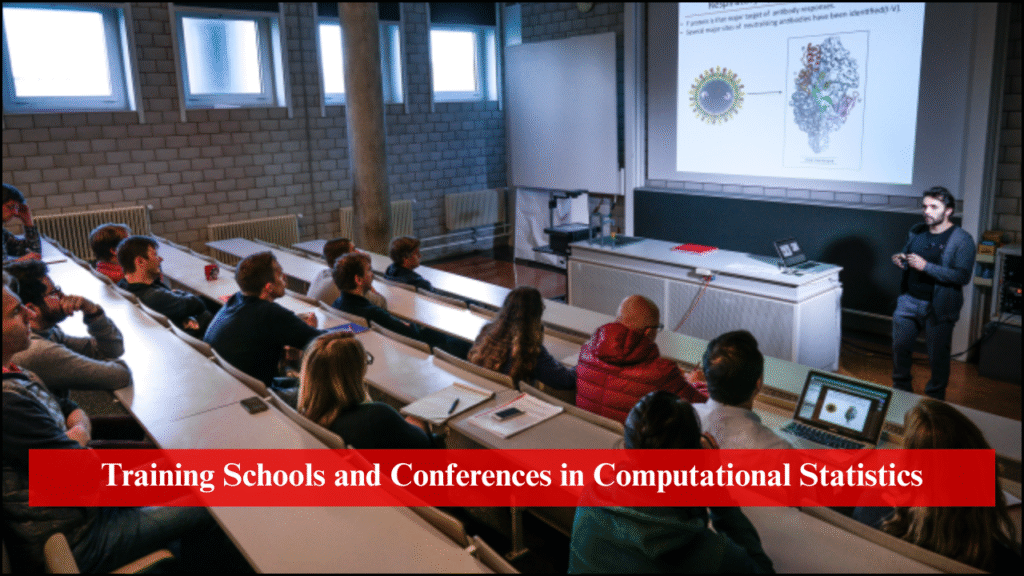
Training schools and conferences in computational statistics play a critical role in advancing knowledge, developing skills, and fostering collaboration among researchers, practitioners, and students. Computational statistics involves using advanced computational methods, algorithms, and software to analyze complex datasets. With the increasing volume and complexity of data in areas such as finance, healthcare, climate science, and social networks, specialized training and academic gatherings are essential. These events offer tutorials, workshops, and hands-on sessions to enhance expertise in statistical programming, robust modeling, machine learning, and data visualization.
Table of Contents
Types of Training Schools and Conferences
Training schools and conferences in computational statistics can be categorized into the following types:
- Introductory Schools:
Designed for beginners or early-career researchers to learn fundamental concepts in computational statistics, statistical programming, and data analysis. - Advanced Workshops:
Focused on specialized topics such as robust methods, Bayesian computation, machine learning algorithms, and high-dimensional data analysis. - Hands-On Summer Schools:
Multi-week programs emphasizing practical applications using real-world datasets, advanced software tools, and programming languages like R, Python, and Julia. - International Conferences:
Platforms for researchers to present innovative methods, discuss challenges, and participate in tutorials and special sessions on computational techniques.
Key Components of Training Schools
- Lectures and Tutorials: Cover core principles and advanced computational methods.
- Hands-On Sessions: Practical exercises with statistical software and real-world datasets.
- Workshops: Focused sessions on specific topics like robust analysis, machine learning, or time series modeling.
- Networking Opportunities: Interaction with experts, researchers, and peers to foster collaboration and mentorship.
- Project-Based Learning: Group projects that encourage application of learned techniques to real datasets.
Applications and Topics Covered
| Area | Topics Covered | Skills Developed |
|---|---|---|
| Statistical Computing | Efficient algorithms, parallel computing, simulation | Optimized code, faster computation |
| Bayesian Methods | Markov Chain Monte Carlo, hierarchical modeling | Probabilistic modeling, inference |
| Machine Learning | Supervised and unsupervised learning, feature selection | Predictive modeling, algorithm implementation |
| Robust Methods | Outlier detection, resistant estimation | Handling non-ideal and noisy datasets |
| Data Visualization | Advanced plotting, interactive dashboards | Communication of results, data storytelling |
| Time Series and Forecasting | ARIMA, GARCH, dynamic modeling | Trend detection, forecasting skills |
Case Studies of Training Schools and Conferences
| Event Name | Duration | Focus Area | Outcome |
|---|---|---|---|
| Computational Statistics Summer School | 3 weeks | Statistical computing and machine learning | Participants learn to implement algorithms and analyze real-world datasets |
| International Workshop on Bayesian Methods | 2 days | Bayesian inference and computation | Hands-on experience with MCMC and hierarchical modeling |
| Robust Statistical Methods School | 1 week | Handling noisy and non-ideal data | Participants gain expertise in outlier-resistant modeling |
| Machine Learning in Statistics Conference | 4 days | ML algorithms and applications | Networking with researchers and exposure to state-of-the-art ML applications |
| Time Series and Forecasting Workshop | 3 days | Time series analysis | Practical experience in forecasting and predictive modeling |
Benefits of Attending Training Schools and Conferences
- Enhanced Skills: Participants acquire technical skills in programming, computation, and statistical modeling.
- Practical Experience: Hands-on sessions ensure application of theory to real datasets.
- Networking: Opportunities to collaborate with experts and peers, fostering academic and professional relationships.
- Exposure to Latest Research: Access to recent advancements, cutting-edge methods, and emerging trends in computational statistics.
- Career Development: Participation strengthens resumes, provides certificates, and may lead to collaborations or research opportunities.
Challenges in Organizing and Attending
- Resource Intensive: Running high-quality workshops or schools requires skilled instructors, computing resources, and administrative support.
- Accessibility: Travel costs, registration fees, and time commitments can limit participation, especially for students or early-career researchers.
- Curriculum Balance: Designing sessions that balance theory and practical application is essential but challenging.
- Rapid Technological Changes: Ensuring content remains up-to-date with evolving statistical software and computational tools.
Technological Tools Supporting Training
- Software Platforms: R, Python, Julia, MATLAB for coding, simulation, and statistical analysis.
- High-Performance Computing: Cloud computing and HPC clusters for handling large datasets and intensive computations.
- Learning Management Systems: Platforms that provide access to tutorials, datasets, and assignments for online or hybrid schools.
- Collaboration Tools: Online meeting software, forums, and project management tools facilitate group work and instructor interaction.
Future Directions in Computational Statistics Training
- Online and Hybrid Training: Expansion of virtual schools and webinars to make computational statistics more accessible globally.
- Interdisciplinary Integration: Combining computational statistics with fields like bioinformatics, climate science, and finance for domain-specific training.
- Adaptive Curriculum: Tailoring content based on participants’ skill levels and emerging technologies.
- Open-Source Resource Development: Providing freely available datasets, software tools, and tutorials for continuous learning.
- Industry Partnerships: Collaboration with tech companies, research labs, and healthcare institutions for applied projects and real-world exposure.
Final Analysis
Training schools and conferences in computational statistics are pivotal for developing expertise in modern statistical methods, computational algorithms, and data-driven problem solving. These events provide hands-on experience, exposure to cutting-edge research, and opportunities to collaborate with experts across disciplines. By focusing on practical applications, robust methods, machine learning, and statistical computing, participants gain the skills necessary to tackle complex datasets and advance their careers. The continued growth of computational resources, online training platforms, and interdisciplinary collaborations ensures that these schools and conferences will remain integral to the evolution of statistical science and its applications in diverse real-world domains.


